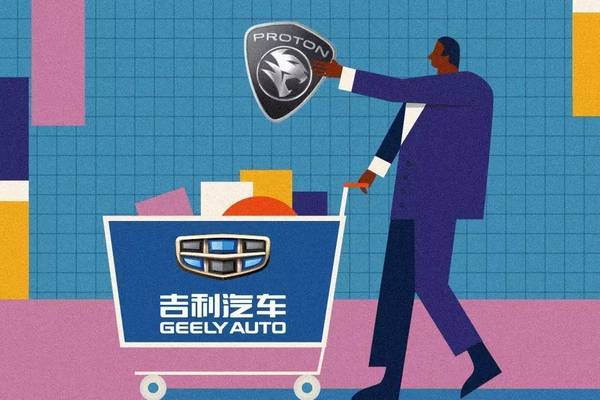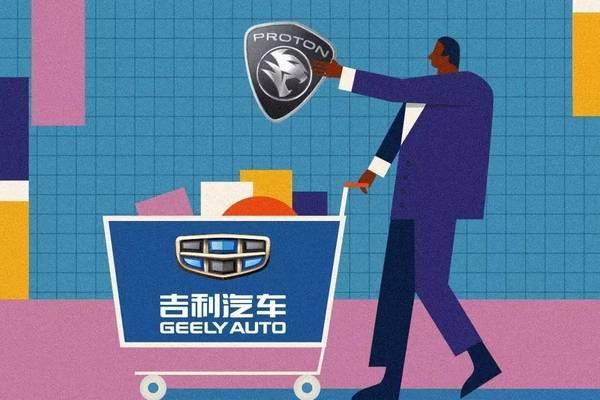
KUALA LUMPUR, Jan.17 (Xinhua) -- Malaysia has been seen as a key investment destination for Chinese companies. The trend is expected to pick up momentum in the new year.
In 2017, several deals that involved Chinese firms have been finalized. In March, the Digital Free Trade Zone (DFTZ), led by Alibaba Group, was launched to boost Malaysia's e-commerce.
In June, Zhejiang Geely Holdings purchased a 49.9 percent stake in Malaysian national car maker Proton, before the Malaysian government launched the East Coast Rail Link (ECRL) in August, which has China Communications Construction Company as the main contractor, to improve connectivity in the country.
With these projects entered execution phase this year, it is set to continue to steal the limelight in Malaysia.
The most anticipated could probably be the DFTZ, which set to transform the landscape of Malaysia's retail and logistic sector.
The Malaysian government has set an ambitious target by boosting e-commerce growth rate to 20.8 percent from 10.8 percent, and to increase e-commerce contribution to gross domestic product by 211 billion ringgit ($52.5 billion) by 2020.
"We expect Malaysian businesses to invest in automation, new business opportunities and embrace new technologies to cope with the change in the industry trends," CIMB Research said in its recent report on the DFTZ.
Another key thing to watch this year is the reform of Proton, whether Geely can turn the loss making firm into a profitable entity. Proton's new Chinese chief executive Li Chunrong has targetted a gradual reduction in Proton's losses and breakeven in three to four years.
"We expect Geely to help drive Proton's turnaround following the appointment of a new management team at Proton's production, operation, manufacturing and marketing divisions," said CIMB's Mohd Shanaz Noor Azam, noting that the new management is focusing on cost optimization to improve immediate operating efficiency and financial performance.
He also sees the timetable to breakeven as achievable since more cross-platform models between Proton and Geely are expected, which will expedite new model introduction and help Proton lower its product development costs, he added.
Besides, he expects Proton to benefit from Geely's latest technology as the latter intends to supply the latest engine and energy solutions to Proton.
Meanwhile, Malaysia's construction sector is likely to remain "hot" as ECRL, the new railway project, is set to award work packages.
"Among the mega projects that have been announced, the ECRL is at the most advanced stage of planning," said UOB Kay Hian's analyst Ridhwan Effendy in his report Wednesday.
The awards to local contractors are expected to take place in early 2018, which would add to at least 16 billion ringgit in construction jobs for local players, he added.
Apart from ECRL, Maybank Investment Bank Research sees Chinese contractors to continue to participate in other major infrastructure projects, either directly or via joint ventures with Malaysian partners. Chinese contractors are expected to involve in projects such as Klang Valley Mass Rapid Transit 3 and Kuala Lumpur to Singapore High Speed Rail.




 A single purchase
A single purchase









